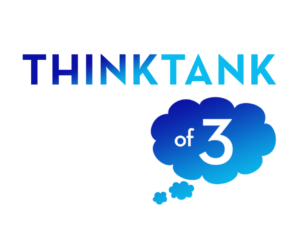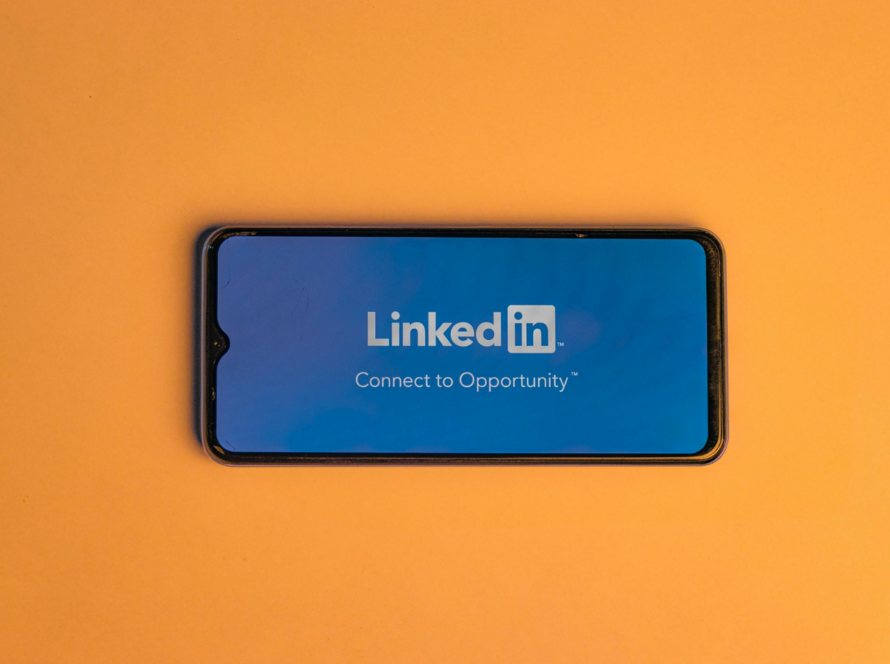ABC is scrambling following Roseanne Barr’s racist tweet about a President Obama adviser — and we should all be taking notes on how companies deal with crisis communications. The star’s tweet led to the eventual cancellation of the show, which generated $45 million for the network in the most recent TV season, according to Kantar Media.
The cancellation means a huge loss in revenue for the network, but some could argue that not cancelling the show and dealing with advertising fallout – and more – would have been much more costly to the network’s brand.
“Roseanne’s Twitter statement is abhorrent, repugnant and inconsistent with our values, and we have decided to cancel her show,” Channing Dungey, ABC Entertainment president, released in a statement following her social media comments.
Since then, channels broadcasting her original series stripped the option from their platforms. And Barr’s representation dumped her. No one wants to be associated with the comedian, who just months ago was on the top of her game with her rebooted comedy, Roseanne.
And now we’re left to see the crisis communication teams representing the network — and all who associated with Barr — scramble, in real-time.
Whether it’s your personal brand or a large corporation, having a “worst-case-scenario” plan in place ahead of a crisis can make all the difference. To ABC, Barr is an employee they’d invested in, who’s action potentially damaged the reputation of the network. And now it’s up to the network leadership to repair it.
Do you have a crisis communications plan in place?
For all businesses, there are major lessons here to be learned about crisis communications. The first: evaluating your own internal plans and training. It’s dangerous to assume that what you believe is appropriate online aligns with what your employees deem appropriate. Remember the Taco Bell staff who shared videos of colleagues licking stacks of taco shells, thinking it was funny? It wasn’t.
Once posted, damaging comments, videos, and photos never go away … no matter how hard you try. So, it’s important to be proactive. Set parameters for success. The best plan for dealing with a communications crisis? Put plans in place to help avoid one.
Does your company have a social media policy that employees must adhere to?
Hootsuite recently published a blog highlighting the key points of any good social media policy, and why it’s so important to protect your brand through a flexible, living policy. To summarize, a good policy does some very key things:
- Protects the brand.
- Provides clear guidelines and expectations.
- Allows employees to share company messaging in a way you want to promote the brand.
- Creates consistency.
- Clarifies roles – response/responsibility/accountability.
- Acknowledges legal and security risks.
The best policy — is to have a company policy. Outline expectations in advance. Make sure that everyone — from the intern to the CEO — understands and agrees to adhere to the policy.
How to Avoid a Social Media Faux Pas
Certainly, there have been times you’ve said something to a friend or colleague you wish you could take back. Sadly, that’s just not an easy feat online. Be proactive and don’t allow yourself to commit a gaff. Here are 5 things to remember before getting yourself in trouble online:
- If you’re angry, take a breath. Don’t tweet or post when you’re hot and prone to react without a filter. Gather the facts from multiple sources. If it’s a controversial issue, think about whether it’s best for your company to speak up or stay out of it. Don’t forget, your personal page can impact business branding.
- If you are uninformed on a topic, don’t tweet or post about it. And definitely do not pretend you know what you’re talking about – especially if it’s a sensitive topic.
- If you have a public-facing role in your organizations, it’s best to keep your personal posts in line with your company’s vision and brand. There are ways to add personality without crossing the line and hurting the business or jeopardizing your job. Even if your personal account is locked down and completely personal, beware of the risk you may be taking if there is ever a lapse in security. If you wouldn’t blast your post over the loudspeakers at an NFL game, then you shouldn’t be posting it on any social media platform.
- Never blindly retweet or share. You may be shocked at how often people do this. Be careful not to fall into the trap of repeating something, even from someone you trust, without checking the original source – check multiple sources if you can! You do not want to unknowingly spread misinformation.
- When in doubt, don’t post it. This one is the most important! If you hesitate, there may be a good reason. Run it by someone or, better yet, just don’t post it.
How to Recover from a Social Media PR Disaster
Even with the best plans and policies in place, anyone can fall victim to a social media public relations disaster. What defines you is how you recover. Here are five must-do’s for crisis communications:
- Fix the problem.
- Act quickly.
- Admit the mistake.
- Put procedures in place to prevent a repeat.
- Educate your employees as needed to ensure it doesn’t happen again.
Roseanne continues to deny that she meant anything by her tweet, except an attempt at humor. Certainly neither she nor ABC are laughing now. The fallout continues to be seen, although one thing is for sure: it has all of us talking about how quickly things can go wrong on social media. Ben Sherwood, President of Disney-ABC Television Group, sums it up in this line from a company memo sent to the now-unemployed staff of Roseanne:
The last 24 hours have also been a powerful reminder of the importance of words in everything we do – online and on the air. And the responsibility of using social media – and all of our programs and platforms – with careful thought, decency and consideration.
This blog was originally written by mConnexions Principal Strategist + Owner, Julie Holton for Think Tank of Three. Think Tank of Three is trio of women who’ve come together to help empower other women by offering collaboration, encouragement, and conversation. Catch the women on their weekly blog at thinktankofthree.com and tune in twice monthly to catch their regular podcast. Have a topic you’d like covered? Want to join the discussion as a guest expert? Let the ladies know know!



